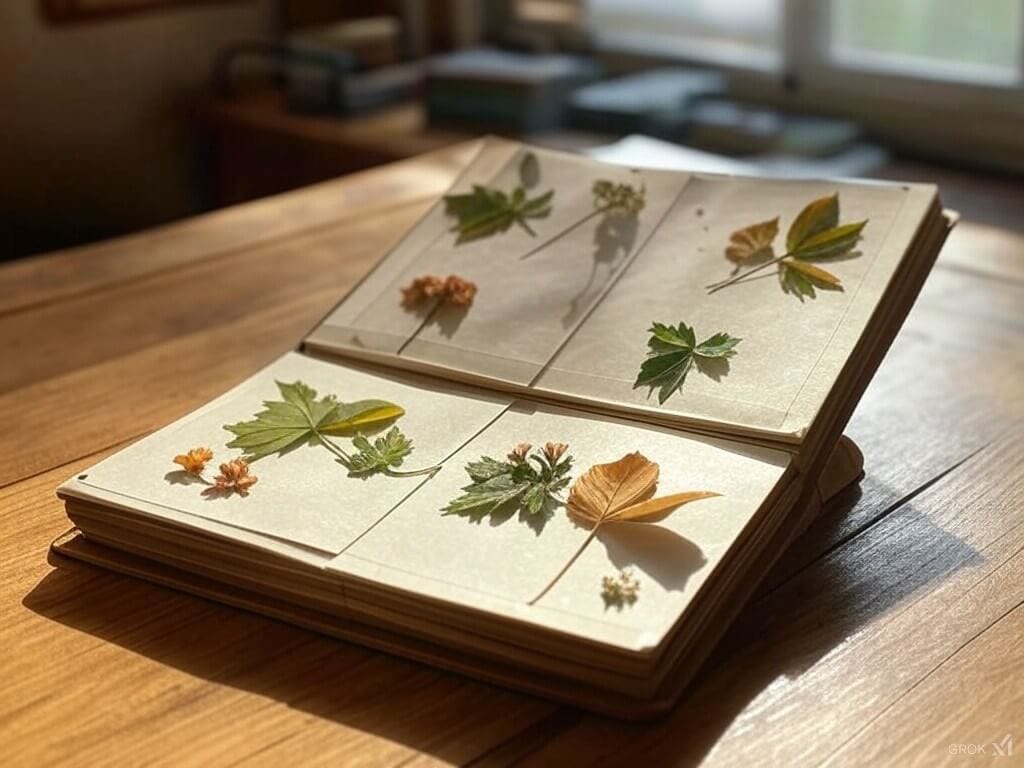Gratitude Journaling for Men: Simple Steps to Reduce Stress and Increase Happiness
The monitor's glare reflected in my tired eyes after another long day of coding.
Twenty years in software development had dulled my passion, turning exciting challenges into monotonous tasks of debugging and deadlines.
My frustration spilled into family life, snapping at loved ones over little things. My wife would give me that knowing look – I was adrift and unfulfilled in my digital world. After losing my temper with my wife, I found solace in gratitude journaling.
My initial entries were bare and uncomfortable: "grateful for basic needs," "grateful for wellbeing." But slowly, things changed. I started noticing life's small wonders: morning sunlight, my kids' laughter, my wife's cooking.
The journal became my anchor. While it didn't fix my career struggles, it shifted my perspective. I began seeing the beauty of relationships, the elegance of solutions, the joy of collaboration.
I still code today, but with renewed purpose – more present and grateful.
Understanding Gratitude Journaling
Gratitude journaling is simply the practice of regularly writing down the things you are thankful for. This can range from everyday moments, like a warm cup of coffee, to significant achievements and relationships.
By consciously acknowledging these positive aspects, you train your brain to recognize abundance rather than scarcity, leading to greater emotional resilience.
Benefits of Practicing Gratitude
Now, let's explore the benefits of incorporating gratitude journaling into your routine. This practice can significantly improve your mental health, boost your mood, and even strengthen your relationships.
By regularly reflecting on what you are thankful for, you become more aware of the good in your life and develop a more positive outlook.
Journaling your gratitude is linked to numerous mental health benefits, including reduced stress and anxiety levels.
When you focus on positive experiences, you create a buffer against negative emotions. Additionally, consistent practice can enhance your self-esteem and improve sleep quality, as you train your mind to focus on uplifting thoughts before bedtime.
Overall, gratitude journaling empowers you to embrace a more fulfilling and joyful life.
How to Start Your Gratitude Journal

It’s simple to get started with gratitude journaling.
You can do it in 3 steps:
Choose a time of day that feels natural to you, whether it’s in the morning to set a positive tone or in the evening to reflect on your day.
Grab a pen and your journal, and jot down at least three things you’re grateful for.
Be specific and focus on the details that bring you joy.
Over time, this practice can enhance your outlook and overall happiness.
Choosing the Right Journal
Right from the start, selecting a journal that resonates with you is important. It can be a simple notebook, a beautifully designed diary, or even a digital app—whichever feels most comfortable.
Your choice should inspire you to write, making the process enjoyable and personal.
Setting Aside Time for Reflection
The key to effective gratitude journaling lies in establishing a dedicated time for reflection. Carving out just a few moments each day can significantly enhance your practice. Whether it’s in the morning or before bed, make this a non-negotiable part of your routine.
Gratitude journaling becomes more impactful when you allow yourself dedicated moments to engage with your thoughts. You might find that setting a timer for ten minutes helps maintain focus, turning your reflections into a thoughtful and enriching experience.
As you write, be mindful of your emotions and let yourself feel the appreciation for what you include in your entries. Over time, this intentional practice fosters deeper connections to your experiences, ultimately cultivating a more positive mindset.
Tips for Effective Gratitude Journaling
Some effective strategies for gratitude journaling can enhance your practice and deepen its impact on your happiness.
Consider the following tips:
Choose a dedicated time each day for journaling.
Write down at least three things you are grateful for.
Focus on different areas of your life.
Embrace both big and small moments.
Review your entries regularly to observe growth.
You will discover that these practices cultivate a deeper feeling of gratitude.
Be Specific and Detailed
To get the most out of your gratitude journaling, being specific and detailed is important.
Rather than listing general items like "family" or "health," focus on particular moments or events that sparked gratitude. This could include a heartfelt conversation with a loved one or a delicious meal that made you feel special or joyful. By articulating your gratitude more vividly, you create a deeper emotional connection to your entries, reinforcing positive feelings and allowing you to savor those experiences in your mind.
Tips for specificity include asking yourself questions about your experiences, such as why they matter to you or how they made you feel. This practice not only hones your gratitude skills, but it also encourages mindfulness, helping you appreciate the small joys in life that often go unnoticed.
By being intentional and detailed, you enhance the transformative power of your gratitude journaling, leading to a greater sense of happiness and fulfillment.
Incorporating Creativity
On your journey towards enhanced gratitude, think about integrating creative outlets like drawing, photos, scrapbooking, or even writing letters to express your feelings.
These creative expressions can help strengthen your emotional connections by making gratitude feel more tangible and enjoyable.
Exploring art can also unlock new layers of appreciation that simple writing might not convey.

Sharing Your Gratitude
Little acts of sharing your gratitude can have a profound impact, both on you and those around you.
You can express gratitude verbally to friends or family, post about your thankful moments on social media, or write personal notes to people who make a difference in your life.
These acts reinforce your feelings of appreciation and inspire others to reflect on their own gratitude.
Your ability to share gratitude amplifies its benefits. By voicing your appreciation, you enhance your emotional well-being while fostering a positive atmosphere for those around you.
Make it a habit to openly acknowledge your thankfulness, and watch how it transforms your relationships and enriches your life.
Conclusion
If you began reading this guide feeling overwhelmed by life's challenges and searching for genuine happiness, you now have a powerful tool at your disposal.
Gratitude journaling does more than document appreciation—it transforms how we view and experience each day. Through consistent practice, what starts as a simple exercise in counting blessings evolves into a natural mindset of noticing and celebrating life's gifts, both big and small.
The journey from struggle to contentment isn't instant, but with each entry in your journal, you're building a bridge to that unwavering happiness we discussed at the start.

Join the Mental Fitness Newsletter
Copyright 2025
